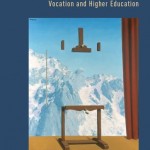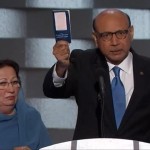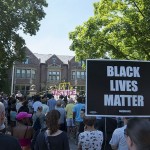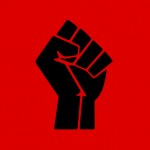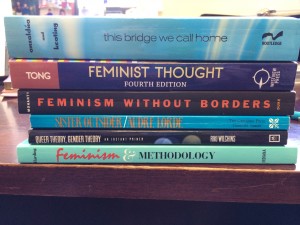 Many good people live and work at the intersections, and I occasionally invite someone to tell a story from where they stand. Today’s piece comes from Nisreen Zaqout, who is a junior at Illinois College majoring in Gender and Women’s Studies and Economics. After graduating, she plans to work on a graduate degree in Gender Studies focusing on the Middle East. Nisreen wants to pursue a career that encourages women in Palestine to gain political presence. She enjoys reading, and her favorite writer is Fyodor Dostoyevsky.
Many good people live and work at the intersections, and I occasionally invite someone to tell a story from where they stand. Today’s piece comes from Nisreen Zaqout, who is a junior at Illinois College majoring in Gender and Women’s Studies and Economics. After graduating, she plans to work on a graduate degree in Gender Studies focusing on the Middle East. Nisreen wants to pursue a career that encourages women in Palestine to gain political presence. She enjoys reading, and her favorite writer is Fyodor Dostoyevsky.
Nisreen is a student in my feminist theory class this semester, and this is the second of two pieces I will feature here written by students in that class. We began the semester discussing a range of feminist theories, including the work of Chandra Mohanty and Audre Lorde. After working through This Bridge We Call Home, I invited the students to write a creative essay synthesizing theory with their own experience, as if they were invited to contribute to another Bridge anthology.
Here’s Nisreen’s story.
I wake up —
Out of place, lost, tired;
Foreign smells I can’t recognize.
I can’t hear any singing.
I strain my ears, but fail to even make out distant voices.
The cloud of familiar smoke is missing.
I walk out and walk back in.
But the smells and sounds of home are still missing from the in-between.
So, I set a list of daily to-dos, a quota of home for my days, for my sanity.
- Read a book that talks about/discusses Arabic literature/culture/ is written in Arabic.
- Listen to 4 Arabic songs per day.
- Watch at least 1 new Arabic show every 2 months.
- Smell the last bit of Arabic coffee you have left when homesickness strikes.
- Read Darwish every once in a while, just enough to remember Grandpa, so not to miss him.
The fear of losing home is so real, so strong, I find myself following that list religiously. And with it, my sanity hangs on and the black hole of nothing stays closed for another day.
But I don’t know. Lately, it’s different.
The list won’t keep the black hole of blinding white nothing closed. It’s as if my brain has been re-trained, tricked to giving in to the illusion of inclusiveness.
*
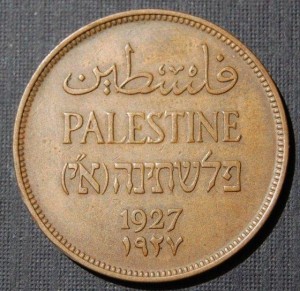 I heard my Dad’s voice calling my name from the next room.
I heard my Dad’s voice calling my name from the next room.
He told me to hurry up or I’d have to wait for 2 hours in line. If I wanted my ID card, I better get in the car.
The drive was mostly silent, interrupted only by instances when Dad felt the need to lower his window to express his discontent with “people who couldn’t drive but still do anyway.”
“So, now I can run away from home and you can’t demand that I come back?” I said sarcastically.
“Where are you gonna run away to?” he asked.
“Out of here,” I said.
“No matter what roads you take, they’ll bring you back home,” he said.
“Cheesy,” I said. “I don’t think that’s true, I’ll come back whenever I want.”
“Now, that’s just overly unrealistic,” he said.
We stopped, walked in. I signed some papers, took a photo, and we walked out.
My dad handed me my ID, “Here you go, run away. It’s now or never,” he said.
I laughed. I looked at my ID card, opened it, and there was my name in Arabic.
And Hebrew.
“Oh, Hebrew.” I said.
“Surprised?” he asked sarcastically.
I stared at it all the way back. Seeing Hebrew on my family’s official documents never really bothered me. But seeing it on my own ID card did. It was personal. I wanted my name in Arabic and just Arabic. It doesn’t do me any good written in Hebrew. I don’t understand it. I don’t want to.
And I realized, even my name – the most outward marker of my identity, had also been colonized.
The land, the culture, the people weren’t enough. They also needed to colonize me. On paper too.
Coin image via wikimedia commons.


